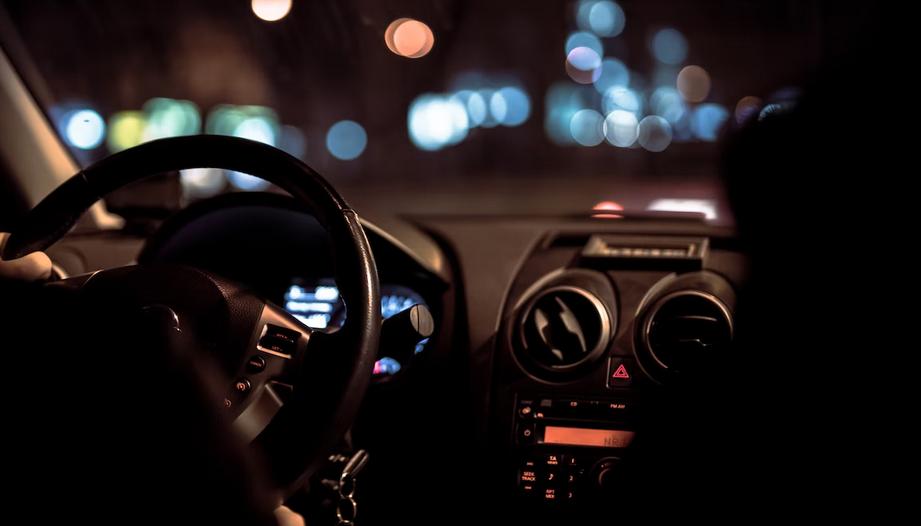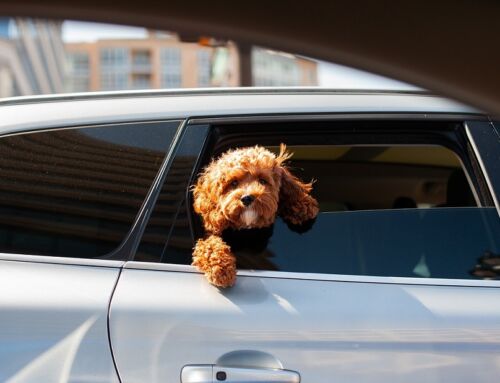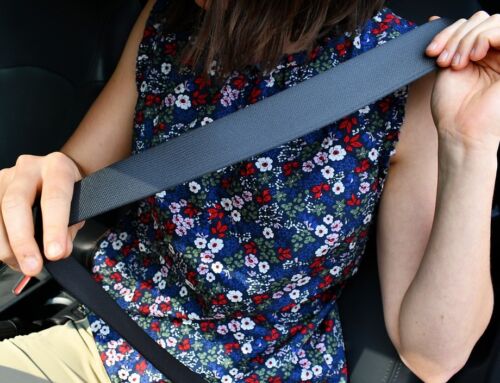Being involved in a car accident can be a stressful experience, but matters can become even more complicated when one of the drivers involved does not have a valid driver’s license. In such cases, the question arises of who is responsible for the accident and the resulting damages.
Liability in a car accident is determined based on negligence and proximate cause. In order for a driver to be found responsible or liable for an accident, it must be shown that the driver was negligent in the operation of the motor vehicle. Negligence refers to the failure to exercise reasonable care while driving, resulting in harm or damage to others. It must be established that this negligent behavior was the proximate cause of the accident, meaning that the injury was the natural and probable consequence of the driver’s actions.
However, it’s important to note that the lack of a driver’s license itself does not determine responsibility for the accident. While an unlicensed driver may be guilty of breaking the law by driving without a license, that is a separate criminal matter. Responsibility for the accident is based on negligence and proximate cause, regardless of whether the driver is licensed.
One potential legal concept that may come into play is negligent entrustment. Negligent entrustment occurs when a vehicle owner loans their vehicle to a driver whom they know, or should have known, is incompetent to drive. To establish liability for negligent entrustment, it must be shown that the owner had knowledge of the driver’s incompetence at the time of loaning the vehicle. Therefore, if a car owner knowingly lends their vehicle to an unlicensed driver who then causes an accident, the owner may be held responsible for negligent entrustment.
Insurance coverage is another important factor to consider. Typically, a valid driver’s license is required to obtain and maintain insurance for a car registered in one’s name. If the at-fault driver has a suspended license and was driving their own car, there may be a lapse in their insurance coverage. In this situation, the injured party would have to rely on their own car insurance to cover the damages.
However, if the at-fault driver was driving someone else’s car with permission and the car has valid insurance, that policy will generally cover the damages, regardless of the driver’s license status. It’s important to note that determining whether permission was granted may require further investigation, and assumptions of permission may be made in some cases. In such situations, the car owner’s insurance company would be held liable for the damages.
On the other hand, if the at-fault driver crashes a car they did not have permission to drive or is driving a stolen car, any insurance policy covering the car will likely not cover the damages. In such cases, if the driver has a valid insurance policy on another vehicle (which is unlikely if their license has been suspended), that policy may cover the damages. However, it is most likely that the injured party’s insurance company will have to cover the damages in the absence of proper insurance coverage.
If you have been injured as the result of an unlicensed driver, contact an experienced attorney at Hurst Limontes and we will be happy to navigate through the complexities of your case and discuss your options with you. We work on a contingency basis, meaning there is no cost to you unless we reach a settlement or jury verdict award on your behalf.
Call 317-636-0808 or email us for a FREE and confidential consultation.





